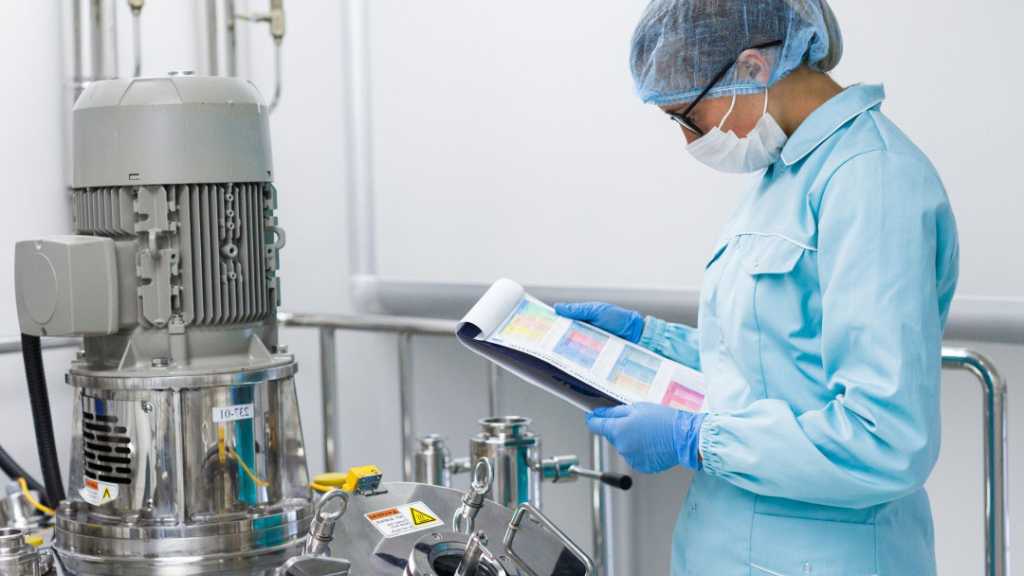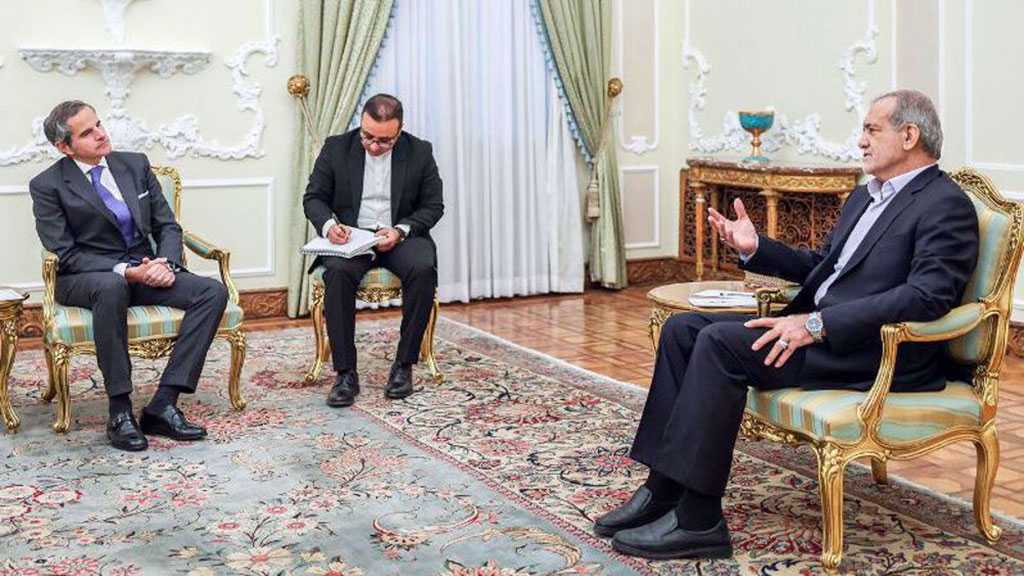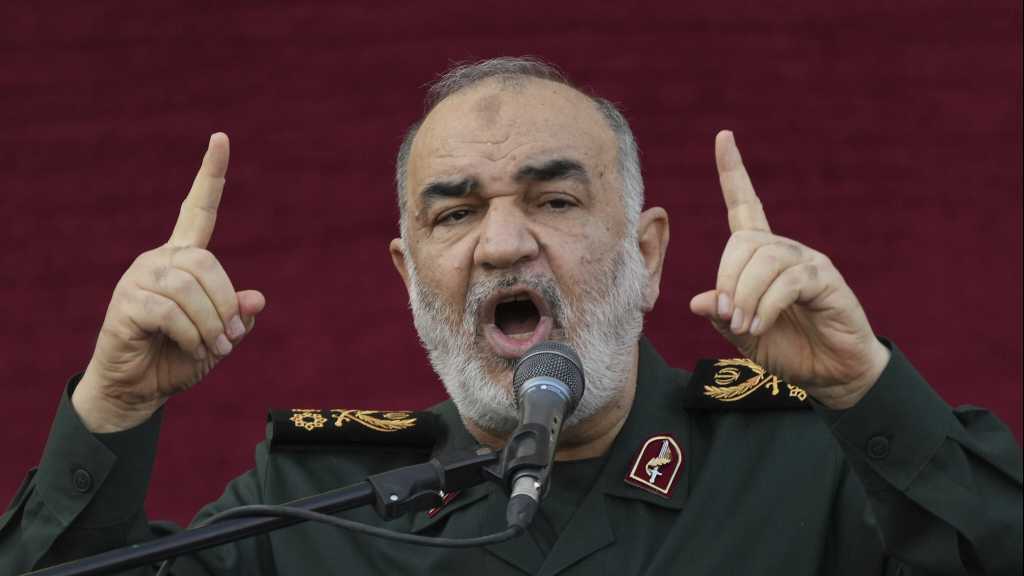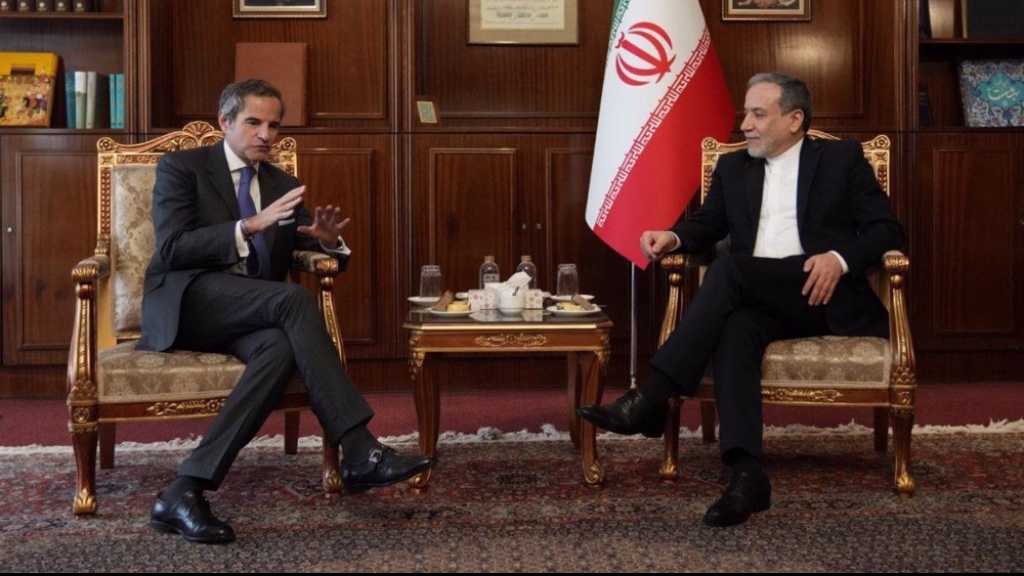Iran Set to Rank as Third Major Pharmaceutical Powerhouse

By Staff, Agencies
Iran's pharmaceutical industry has gone through a fundamental transformation since the Islamic Revolution, moving from complete reliance on imports into a sector that is now able to domestically provide more than 97% of the country’s needs for medicine.
Iranian drugmakers are supplying 70% of the raw materials needed for drug production, highlighting the importance of access to active ingredients in pharmaceutical self-sufficiency.
The production of active pharmaceutical ingredient (API) necessitates the use of key starting materials (KSMs), primarily imported for this purpose.
The production of KSMs in Iran can significantly add value to its pharmaceutical industry by completing the value chain and producing active ingredients and precursors.
Iran aims to enhance its drug-making capabilities by producing KSMs domestically, aiming to make active ingredient production cost-effective, sustainable, and profitable.
Earlier this week, officials of Balkh in Afghanistan announced that they had met an Iranian delegation in order to build a pharmaceutical factory in the province, which would meet 90% of the local needs to medicine.
China and India are major suppliers of API and generic drugs, contributing up to 80% of US active pharmaceutical ingredients.
Iranian drugmakers claim they have a competitive edge over China and India in producing KSMs, primarily based on abundant petroleum and petrochemical products.
Iran's technical expertise and knowledge can make it the third leading producer of KSMs, particularly in its 400 million-people neighboring market.
Iran is launching production of KSMs for its widely used antibiotic, crucial during US sanctions causing shortages of life-saving medical supplies and drugs.
A good case in point is propylene glycol, a raw material for manufacturing consumer products in the medical and food sectors.
To put it in perspective, Turkey's annual healthcare spending is estimated at $20 billion against a maximum of $3 billion by Iran with a similar population size, which shows where the Islamic Republic stands in the pharmaceutical industry.
Comments
- Related News




